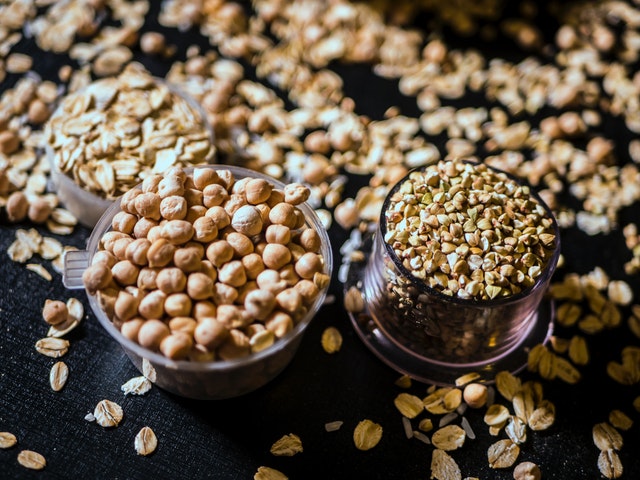1. Seeds

Seed is the most crucial and fundamental input for increasing crop yields and sustaining agricultural production growth. The distribution of high-quality seed is just as important as its manufacturing. However, good quality seeds are out of reach for the majority of farmers, particularly small and marginal farmers, due to excessive seed prices.
The Government of India formed the National Seeds Corporation (NSC) in 1963 and the State Farmers Corporation of India (SFCI) in 1969 to address this issue. Thirteen State Seed Corporations (SSCs) were also established to help farmers get access to better seeds.
The High Yielding Variety Program (HYVP) was established in 1966-67 as a major push strategy to boost the country's food grain production.
The Indian seed industry has shown tremendous growth in the past and is anticipated to continue to do so in the future, resulting in increased agricultural production: The seed industry's mission is to not only create a sufficient number of high-quality seeds, but also to achieve varietal diversity to fit the country's varied agro-climatic zones.
The policy statements are aimed at ensuring that Indian farmers have access to sufficient amounts of high-quality seed at the right time and place at a reasonable price in order to satisfy the country's food and nutritional security goals.
For seed multiplication, India's seeds programme primarily conforms to a limited generation approach. Breeder, foundation, and certified seeds are the three types of generation recognised by the system. Breeder seed is the most basic type of seed and the initial stage in the seed development process. The progeny of breeder seed, foundation seed is the second stage in the seed production chain.
Certified seed is the progeny of foundation seed and is the final stage in the seed production cycle. Between 2001-02 and 2005-06, the production of breeder and foundation seeds, as well as the distribution of certified seeds, increased at yearly average rates of 3.4 percent, 7.5 percent, and 9.5 percent, respectively.